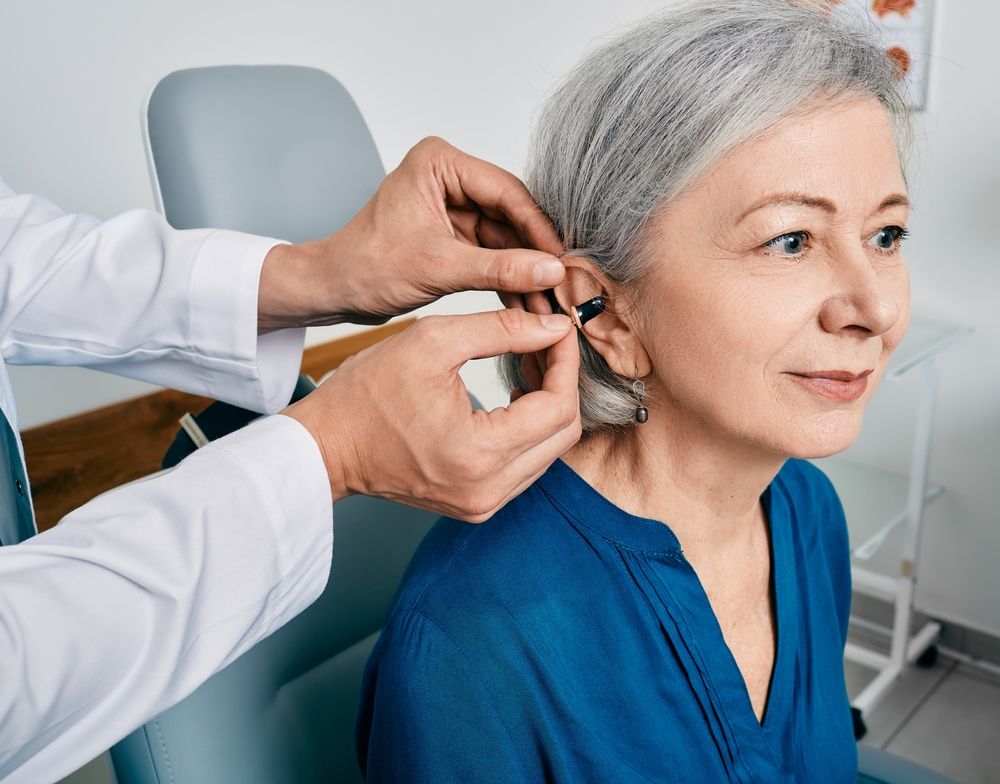Purchasing your first set of hearing aids can be a mix of expectancy and uncertainty. Taking the action to improve your hearing can have a profound impact, allowing you to engage more completely in conversations, strengthen connections with family and friends, and regain a deeper connection to the sounds that improve your daily life. But similar to any new experience, it’s normal to have concerns, especially about how hearing aids will feel and how long it may take to adjust.
New users often have concerns about the experience. Will the hearing aid be cumbersome or unpleasant to use? Will common noises be overwhelming at first? How long will it take to adapt to ordinary sounds? These concerns are common, but with the right support and a little patience, most individuals find that hearing aids become a comfortable and essential part of day-to-day life.
As you navigate this adjustment, it’s important to understand what lies ahead and take proactive steps to decrease any disruption, ensuring a seamless integration into your new situation.
What to anticipate during the preliminary adjustment period
So, are hearing aids uncomfortable? At first, they may take some getting used to, particularly if you’re not accustomed to having objects in your ears. Similar to adjusting to a new set of eyeglasses or adjusting to a wristwatch , it requires a period for your mind and physique to become acquainted.
There are two main areas where you’ll discover the biggest changes during the first several days or weeks of use:
Bodily feeling
You may encounter a feeling of discomfort or strangeness in your ear at first. It is standard and common for many specialists in hearing health to suggest a gradual approach to using the device, starting with a few hours every day and slowly extending the time.
A bit of discomfort is okay, but pain isn’t. If you experience soreness or pain from your devices, reach out to your hearing care specialist right away. They have the capability to tweak the fit or experiment with a different style that would be more appropriate for the shape of your ear.
Perception of sound
One of the most unexpected parts of the adjustment process is hearing everyday sounds that you might not have heard before.
The thrum of the refrigerator, birds outside your window, or your own footsteps may seem amplified initially. Accordingly, your brain is reacquainting itself with a broader spectrum of auditory signals.
It might feel overwhelming, but your brain will steadily learn to filter out trivial background sound and focus on what really matters, like voices and music. Your auditory system is basically recalibrating and adapting to new sounds.
Tips to improve hearing aid comfort and efficiency
Luckily, there are multiple tactics available to assist in making you feel at ease and self-assured as you acclimate to your new hearing devices.
1. Begin gradually
Don’t feel pressured to use your hearing aids all day immediately. Start out with committing one to four hours everyday, particularly in tranquil settings such as your home.
Slowly increase as you become more comfortable with the feel and sound of the hearing aids.
2. Practice makes perfect
To help your brain adjust, use your hearing aids while engaging in stimulating activities. Enjoying an audiobooks while following along or watching movies with subtitles can help improve speech recognition and enhance your listening skills in an enjoyable and engaging way.
3. Keep communicating with your audiologist.
Fit and performance go hand-in-hand. If something doesn’t seem right, whether it’s how the device sits in your ear or how the sound is being handled, don’t wait. Your audiologist can adjust your hearing aids and offer recommendations for enhanced benefits. A personalized hearing aid tailored to your particular ear shape and needs could be the most suitable choice in certain situations.
Welcoming your new hearing experience
It’s completely normal to go through a brief adjustment period with your hearing aids. Through routine usage, persistent maintenance, and assistance from your audiologist, these devices will quickly become an essential part of your daily life.
Rather than focusing on the device itself, your attention will switch to the joys of clearer conversations, nature sounds, music, and day-to-day interactions.
The trick is patience, practice, and staying proactive about your comfort. Soon, your hearing aids will not only strengthen how you hear, but also how you live.


